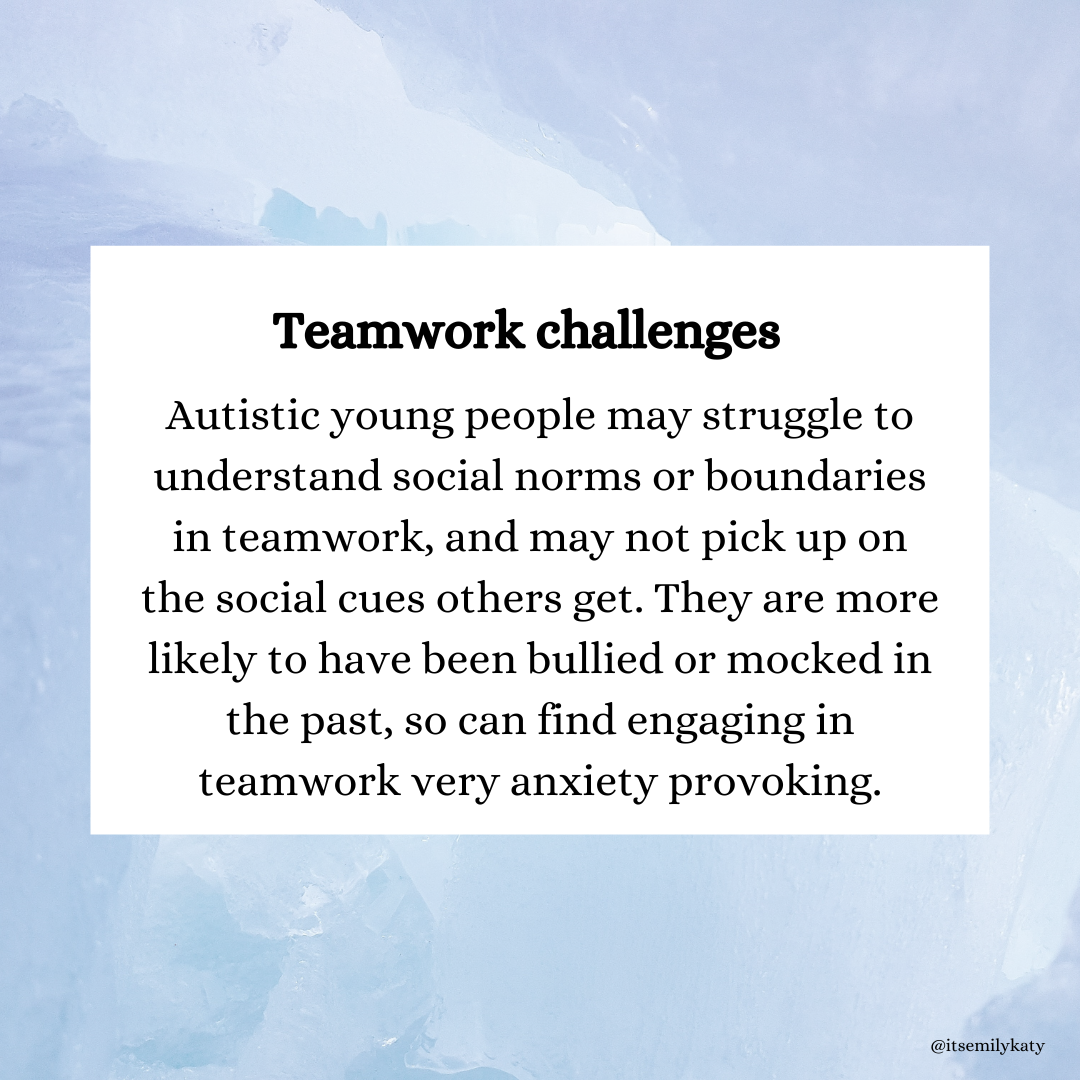Sports Day - Challenges and Suggestions for Autistic (and other neurodivergent) Children and Young People
I hated sports day. It was - aside from my primary school swimming gala - the worst day of the school year. I cried in-front of my PE teacher when she told me I had no choice but to do a race, because I was so anxious about the whole school watching, convinced I would embarrass myself. I hated the noise, the crowds and the lack of structure. The often unbearable heat and no shade to escape to because we had to sit in one specific place. I also hated sport which didn’t help. I only attended in Year 7 and 8 at secondary and got out of it after that.
Of course, some neurodivergent children will thrive on sports day. Some will love and excel in sport, and feel free away from the classroom and academic work. But, there are a large proportion for whom this is a challenge. Let’s explore some of the reasons why.
Change in routine. Routine and consistency are important for autistic people. It isn’t normal to sit in a field all day when you are meant to have Maths and Geography. Any change can be hugely anxiety-provoking, affect the whole week, and increase meltdowns.
Unfamiliarity. Sports day in secondary schools often happen in a different vicinity, which young people haven’t been to before. This means not knowing where the toilets are, where to register or where to go. Autistic children can find it hard to ask people for information, meaning their needs are unmet which can cause discomfort.
Uncertainty. Not knowing how the day is structured, when certain races are or when specific interactions are due to take place, is really hard for young people whose brains need to know this information to function. Expectations are different and unclear, increasing social challenges.
Social anxiety. Sports day involves hundreds of other young people and teachers watching you whilst you participate in races. This can cause huge anxiety, worries about what people are thinking, if they are laughing at you or if you are going to embarrass yourself.
Sensory overload. Sports day is loud and busy. There are speakers, shouting and clapping - and sport can make you hot and sticky. Autistic brains can be easily overwhelmed in these environments, since they process more sensory stimuli at one time and struggle to filter out unnecessary information.
Social challenges. There are a lot more social interactions with peers on sports day, because a lot of time is spent sitting around and watching races. This means even more energy is exhausted through masking, overthinking interactions and friendship challenges.
Sense of justice. Autistic people can have a very strong sense of justice, and may be more likely to spot unfair wins or treatment and act accordingly. This could mean they are outspoken or impulsive, landing them in trouble, or mean that they sit with this and are highly frustrated.
Teamwork challenges. Autistic young people may struggle to understand social norms or boundaries in teamwork, and may not pick up on the social cues others get. They are more likely to have been bullied or mocked in the past, so can find engaging in teamwork very anxiety-provoking.
Other neurodivergencies. Autistic people are more likely to have other neurodivergent conditions. For example, Dyspraxia, which affects co-ordination and balance, making sports trickier or more anxiety-provoking. Or ADHD, which could make it challenging to sit and watch races for much of the day.
For some young people, not having to attend sports day would be a perfectly reasonable adjustment. Like it was for me. But, if they want to participate or would like to try, here are some things which could be put in place to make it a little easier:
Being talked through the schedule of the day beforehand, timings of events and what they should expect.
Having a ‘buddy’ or a friend they can stay with, even if they aren’t in the same house or races.
Having an identified teacher or adult whom they know and can go to if they need to.
Having a quiet space identified that they can go to if needed.
Using noise cancelling earplugs or ear-defenders.
Being picked up earlier or dropped off later for a shorter day. Or knowing they can be picked up early if they become overwhelmed or tired.
Not being forced to participate in any events if they don’t want to.
Being able to sit somewhere away from the crowds rather than in their allocated teams or houses.
These reasonable adjustments are not an exhaustive list and will differ depending on the individual’s needs, but they are just some things to think about. It is important to remember that under the Equality Act 2010, reasonable adjustments legally have to be made to enable disabled people to participate and access equal opportunities to their peers. It is not okay for a child or young person to be encouraged not to attend for the convenience of the staff. This should only be for their own benefit if it is too much for them.
What was your experience of sports day?









